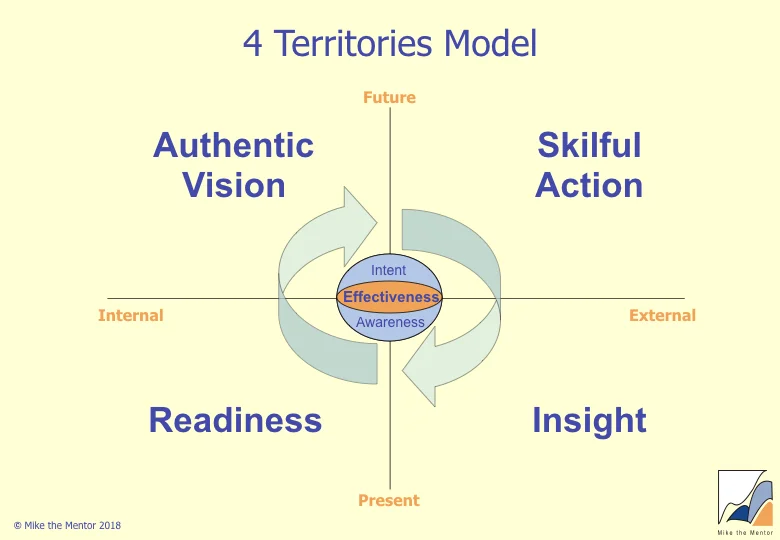Are you a Hedgehog or a Fox?
/Jim Collins, co-author of Built to Last: Successful Habits of Visionary Companies which analysed what makes a company great, fell to wondering how companies become great in the first place. So he identified those Fortune 500 companies that had performed at or below the general stock market for at least fifteen years and then produced cumulative returns of at least three times the market over the next fifteen years - and investigated what distinguished them.
In his more recent Good to Great he has identified the key differentiating factors. These include Level 5 leadership (a blend of extreme personal humility and intense professional will) and putting "who" decisions before "what" decisions (ie, getting the right people on board before deciding on vision, strategy, structure, etc). These and his other findings were developed from his research with companies but one in particular has great relevance in working with individuals - what Collins calls the Hedgehog Concept. (Apparently hedgehogs do one thing really well, whilst the alternative - foxes - do many things less well.)
All the Good-to-Great companies had a Hedgehog Concept - a simple, crystalline concept that guided all their efforts and which was based on deep understanding about three factors: what you can be best in the world at; what drives your economic engine; and what you are deeply passionate about:
What you can be the best in the world at (and, equally important, what you cannot be the best in the world at)? This best in the world understanding is a much more severe standard than a core competence. You might have a competence but not necessarily have the capacity to be truly the best in the world at that competence. Conversely, there may be activities at which you could become the best in the world, but at which you have no current competence or which you're not even engaged in at the moment. As Collins says "To go from good to great requires transcending the curse of competence".
What drives your economic engine? All the good-to-great companies attained piercing insight into how to most effectively generate sustained cash flow and profit-ability. In particular, they discovered the single denominator - profit per x - that had the greatest impact on their economics. (It would be cash flow per x in the social sector.)
What you are deeply passionate about? The good-to-great companies focused on those activities that ignited their passion. They didn't seek to impose or stimulate passion but to discover what they were passionate about and pursue it.
The Hedgehog Concept is not a goal, strategy, or intention; it is an understanding. This understanding can be as important for an individual as Collins has shown it to be for a company. So, ask yourself "What can I be best in the world at?", "What is my key performance indicator?", and "What do I love?" Find the intersection and you will have found your unique way of making a difference.

